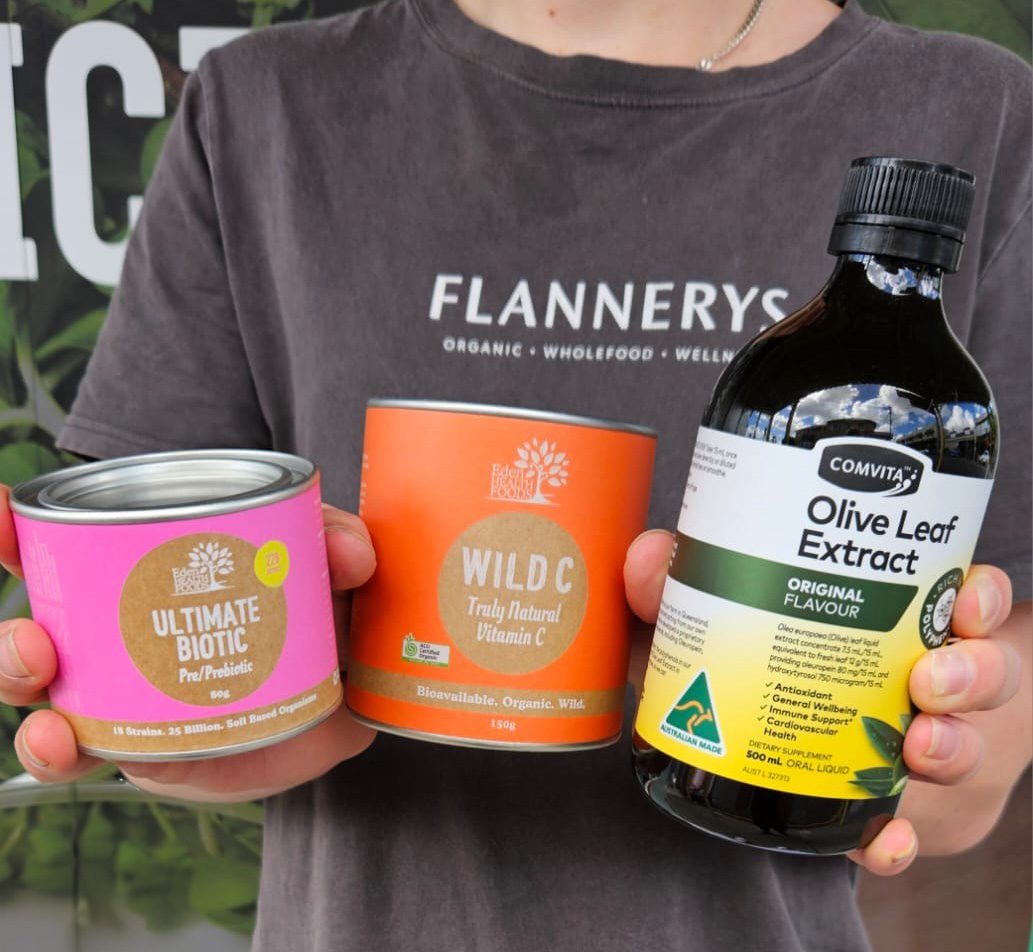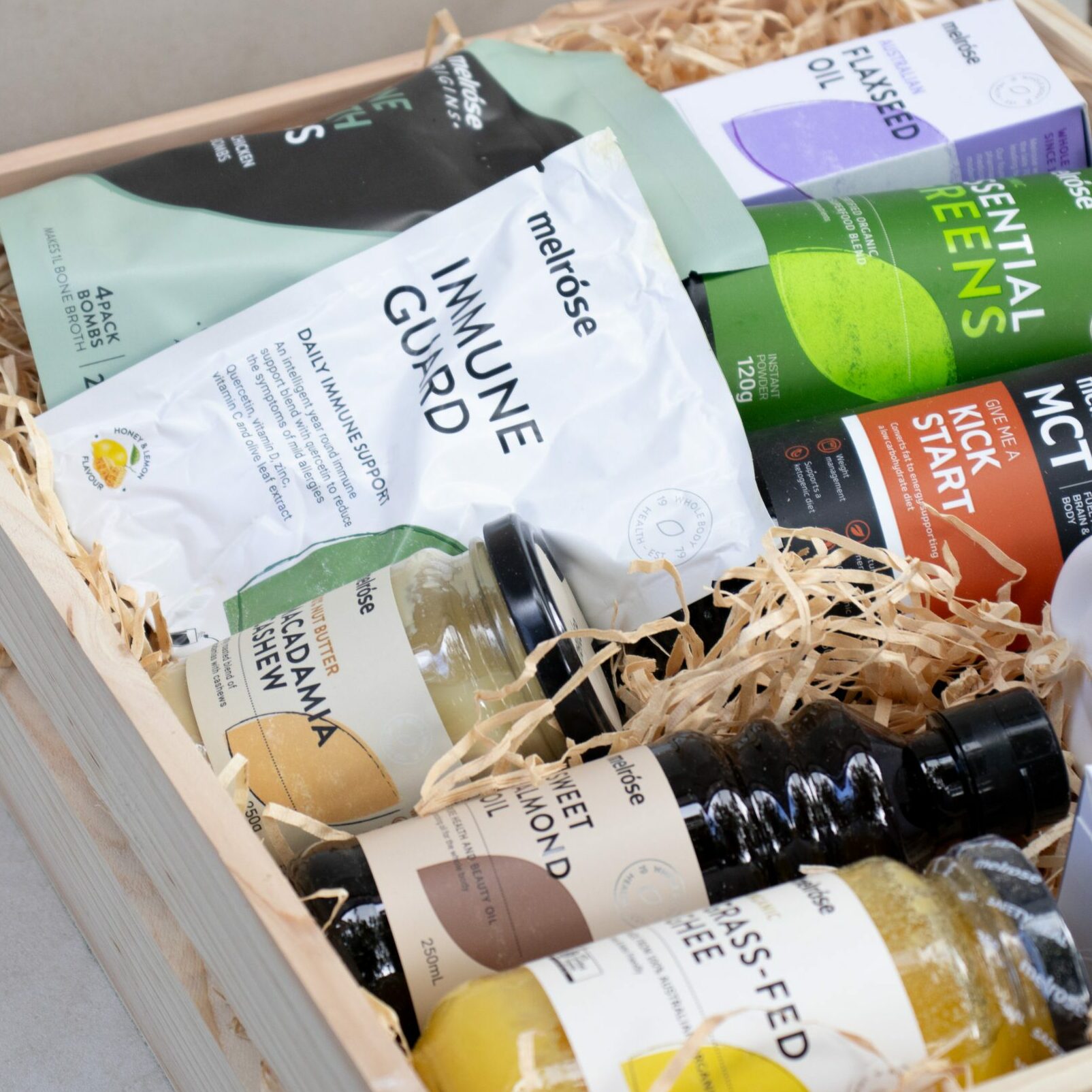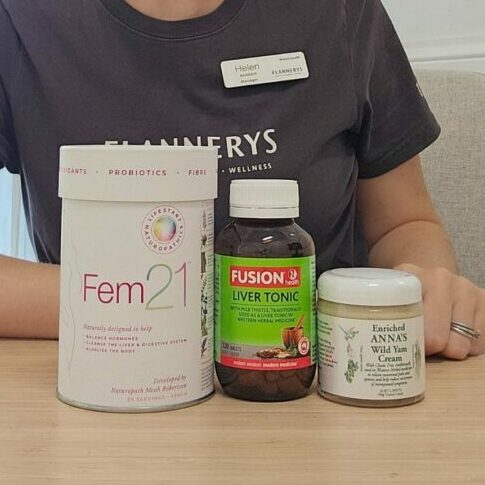
23.01.2019
Nutrition for the New Year
Once the fun festivities and holidays season wind up, “Detoxification” seems to be the topic of conversation.
Some of us might have heard mixed opinions about detoxing. So we’ve put together this blog to explore what detoxification is, why is it important (particularly after those festive feasts), and how to use nutrition to achieve it. Humans are constantly detoxifying their bodies from unwanted materials on a daily basis, as the body tries to get rid of anything that might affect its optimal functionality. Considering the festive season, the increased load of food, alcohol and other beverages can place stress on the organs responsible for the detoxification process.
The organs responsible for the most detoxification of the body are the liver, kidneys, and large intestine. Followed by the sweat glands, lungs, lymphatic system and skin. The liver metabolises substances from food and drinks that we consume and transforms them into chemicals that are less damaging to the body and which can further be eliminated via the kidney or colon. Kidneys continue the detoxing process started by the liver, making sure that only the waste leaves and what is important is filtered back (such as minerals and vitamins). When it comes to the colon, this is probably the most underestimated detoxification organ, but it eliminates the majority of the waste material.
Now, the question is, how can nutrition support the detoxification organs to function to their maximal potential in order to eliminate all the waste chemicals and products? As Hippocrates said, “let your food be thy medicine and medicine be thy food”. Certain food constituents, vegetables and fruits have great benefits to the detoxifying organs:
Liver supporting foods:
- Brassica vegetables such as broccoli, cabbage, brussels sprouts, kale, radishes, mustard, rocket and horse radish all have sulphur containing phytochemicals (indole-3 carbinol, Diindolylmethane, Sulforaphane) that support the liver detoxification pathways.
- Bitter greens such as rocket, dandelion, chicory, endives and spinach stimulate bile production and are beneficial for the elimination of liver metabolic by-products.
- Beetroot contains betalains, phytonutrients that support the liver function by reducing the oxidative damage in the liver due to their antioxidant activity. Oxidative damage is caused by alcohol and other chemicals found in processed foods and can be responsible of built up toxins in the body.
- Garlic, onions, and leeks. These all contain sulphur compounds that support the detoxification of the liver and also have antioxidant effects.
- Turmeric, particularly curcumin. The active polyphenol in this spice has also the property to reduce oxidation in the liver. It additionally supports both detoxification pathways that happen in this organ.
Kidney supporting foods:
- Anything that comes with water in its natural form, including cucumber, watermelon, and celery. These all support healthy function of the kidneys, as water helps to flush the toxins out.
- Foods including parsley, celery and cranberries have diuretic effects that can be beneficial for kidney detoxification. They increase the water excretion via the kidneys, thus enhancing the elimination of metabolic byproducts. When these foods are consumed fresh they not only help to flush toxins out of the kidneys, but also contain electrolytes preventing dehydration.
- Spices and foods that increase blood supply to the kidneys are also beneficial to kidney detoxification. Including ginger, cayenne peppers, turmeric, cumin and horseradish. These foods contains chemicals that stimulate dilation of the blood vessels. They also reduce blood viscosity, thus promoting circulation of blood to the kidneys to be further filtered.
- Lemons and limes are also great fruits to incorporate in the daily routine. These fruits have high amounts of potassium and other electrolytes that ensure water balance. Plus they are coming with naturally filtered water in the form of food.
- Beetroot not only helps the liver to detoxify, but it does the same to the kidney as well. These root vegetables contain nitric oxide that promotes vasodilation, thus maintaining blood circulation to the kidneys.
Colon supporting foods:
- In order to support the correct function of the colon and its detoxification, the main aspects to focus on include: daily evacuation of waste material, microbiome life maintenance and reduction of any inflammation that occurs in this organ.
- Foods high in fibre ensure the regularity of the peristaltic movements of the large intestine. This means they help to move out any unwanted byproducts. Fibre has the ability to absorb toxins, thus ensuring that nothing is re-absorbed back in the blood. Fibre from fresh fruits and vegetables, nuts and seeds all work as prebiotics. They feed the good bacteria in the gut, playing an important role in detoxification.
- Probiotics from fermented foods such as kombucha, sauerkraut, kimchi and kefir can repopulate the gut microflora. This is an important aspect when it comes to detoxification. Gut bacteria is a key component for metabolizing the substances that the liver may not be able to break down. Additionally, they reduce inflammation in the colon and a healthy gut bacteria means less inflammatory responses. Water is one of the elements that must not lack from our daily life. Consumption of a minimum of 2L of water per day can ensure elimination of toxic waste from the body. This helps all the detox organs to work to their fullest potential. Incorporating these foods in your daily diet can ensure the healthy function of the organs responsible for detoxification. Limiting consumption of highly processed foods, alcohol, and caffeinated beverages can also help the detoxification organs work more efficiently.
Check our delicious juice and smoothies recipes here for inspiration 🙂
By Gabriela Ciobotaru ~ Flannerys Nutritionist
Share this post with your friends






